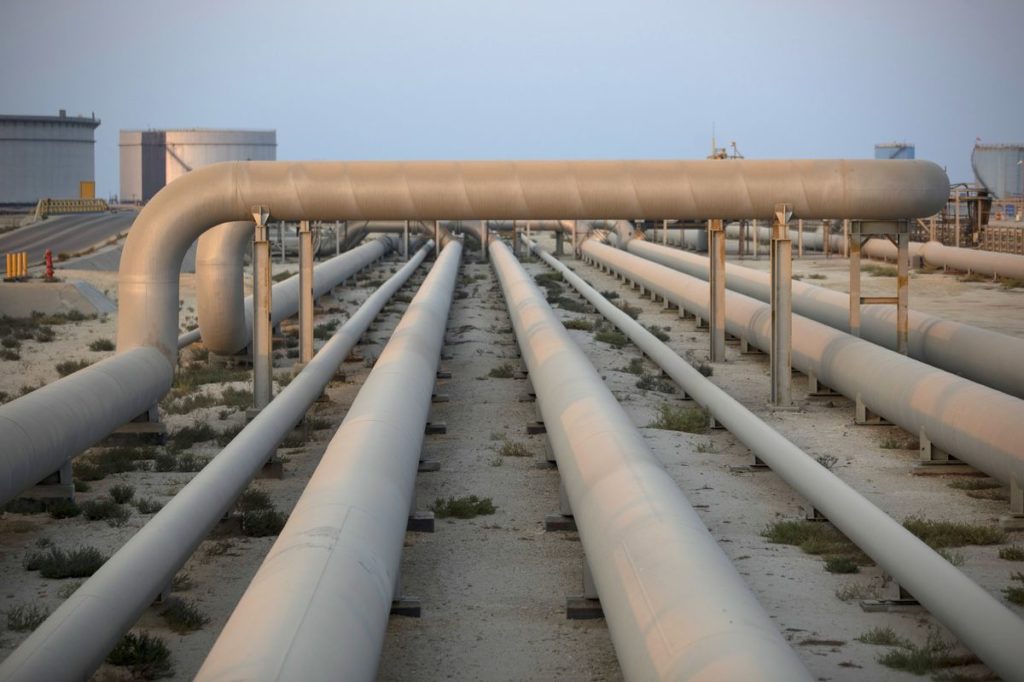
Oil traders are gathering in London for what’s normally a week of lavish parties, dealmaking and market chatter. China’s coronavirus means this year’s events will be more subdued – and fewer in number – than usual. The talk will be about absent friends and uncertain demand.
Majors including BP have told their traders to stay away from IP Week receptions, while at least 13 other banks, brokers and refiners have cancelled events. Many firms have decided not to send staff to Europe from other regions. The safety-first measures and empty seats will serve as a stark reminder of what’s going almost 6,000 miles away in China, where industrial activity and oil demand have plunged because of the coronavirus. The question traders will be grappling with is: how strong will the demand rebound be?
“A lot of people will be concerned about the virus and the impact on demand, but also the impact on the week,” Russell Hardy, chief executive officer of Vitol Group, the world’s biggest independent oil trader, told Bloomberg TV. “The expectation of the market today is that it’s not going to get significantly worse than what we’ve seen.”
Vitol’s own estimate is that the virus is currently reducing China’s oil demand by about 4 million barrels a day. That’s about 4% of global consumption. Over the course of the first quarter, it could have a total impact of about 200 million barrels, the firm estimates. Like many others, Vitol is anticipating a better second half of 2020 than during the first six months.
Despite expectations that few Chinese traders will be making the trip to London this year, the people who are attending will be trying to evaluate the Asian country’s response to the virus and its impact for the remainder of this year.
The People’s Bank of China said it will promote consumption and investment to boost domestic demand, while calling for a “rational view” on the economic impact of the virus.
“The promise of stimulus has led to commodities acting like equity markets, in our view, ignoring the physical realities of the disruption today and trading higher on expectations of stimulus improving future fundamentals,” Goldman Sachs analysts including Jeff Currie wrote.
The hope that China will act in part kept Brent crude near $60 a barrel until late last week. Futures slumped 4.3% in the past two sessions and were trading at about $56.70 at 7:58 a.m., on concern that the virus is becoming a more global issue. Similar moves have seen in the gaps between monthly contracts that act as measures of market strength. Brent’s June-December spread had rebounded into a bullish backwardation of as much as $1.09 on Feb. 20, having bottoming out at 75 cents of contango — a bearish structure — earlier this month. On Monday it was at about 35 cents of backwardation.
This IP Week will also be the first since the introduction of new marine fuel rules, known as IMO 2020, designed to curb the amount of sulphur in ship fuel. The regulations have seen oil traders make billions of dollars, but shipowners are still debating about what the best fuel to use will be going forward. The impact on demand from IMO 2020 has so far been “non-existent” said Torbjorn Tornqvist, co-founder and CEO of Gunvor Group, one of the world’s biggest independent oil traders.
And there’s been another demand hit too – a record-breaking warm winter. January was the hottest ever in Europe, with temperatures 3.1 degrees Celsius above average. That has dried up consumption of heating fuels, at a time the oil market is already suffering a demand hit. Vitol estimates a reduction of 700,000 barrels a day this year.
“Loss of demand – due to the coronavirus, as well as a lack of winter weather – will average more than 2 million barrels a day globally so far in the first quarter,” Tornqvist said. “We’ve seen a significant dent in China’s demand, but the situation is not structural, so it will be a temporary effect.”